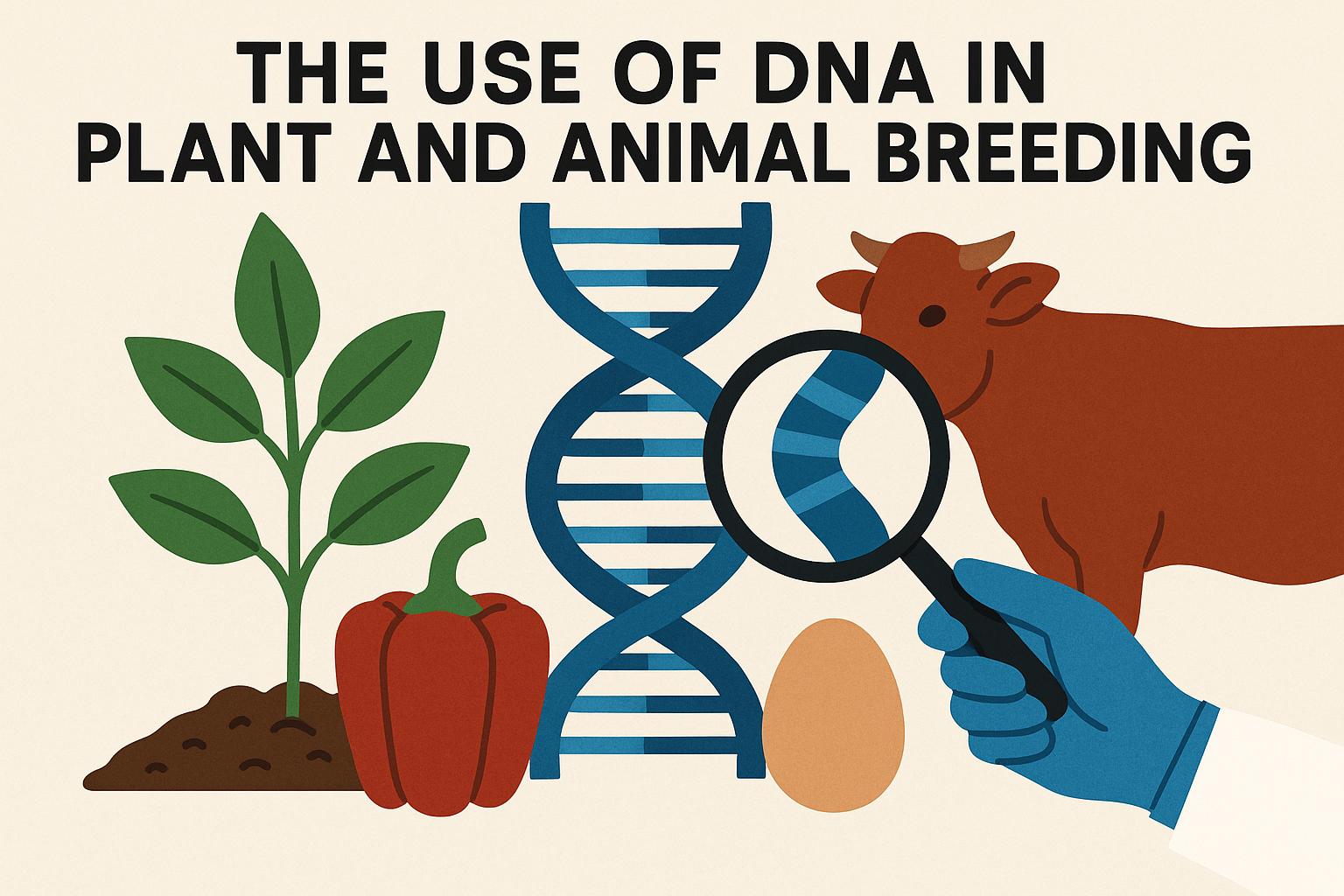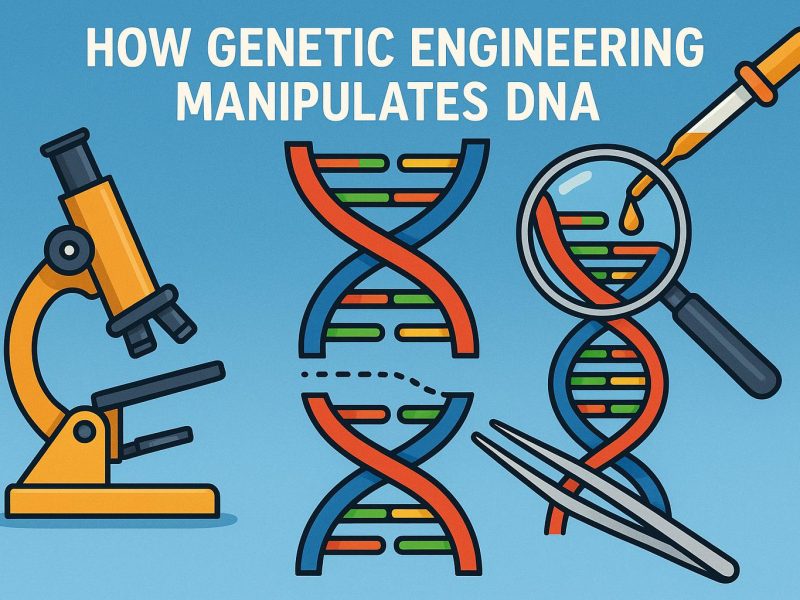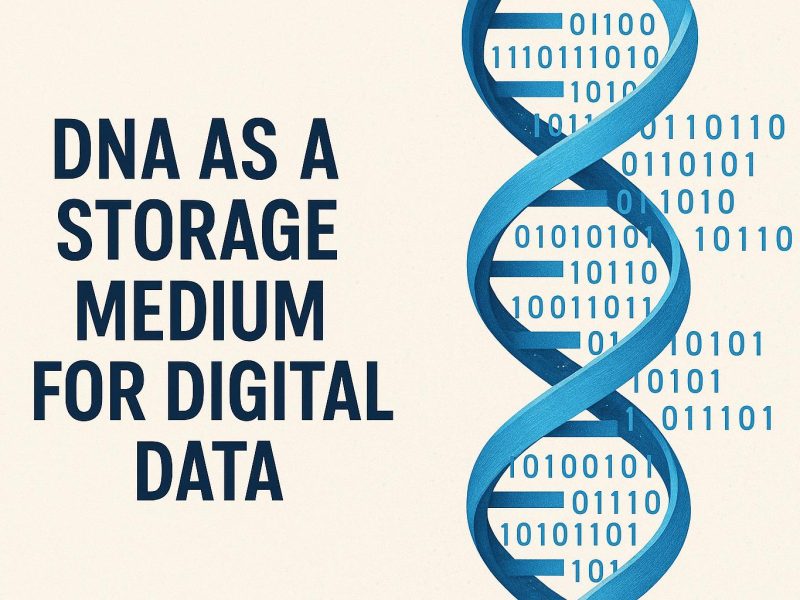The Role of DNA in Plant and Animal Breeding
The integration of DNA technology into plant and animal breeding represents a significant shift in the way agricultural and livestock practices are conducted across the globe. With the rapid advancement of genetic science, breeders now possess more refined methods to not only improve the biological traits of plants and animals but also to increase productivity and ensure the long-term viability of various species. The application of DNA technology has provided the agricultural sector with unprecedented tools to address challenges related to food supply and environmental sustainability.
Understanding DNA
DNA, or deoxyribonucleic acid, exists as the foundational hereditary material in virtually all living organisms, carrying the genetic instructions essential for their growth, development, functioning, and reproduction. Each DNA molecule is composed of two strands that coil around each other to form a double helix. These strands contain sequences of four nucleotides—adenine, thymine, cytosine, and guanine—which encode the genetic information. Advances in DNA sequencing technologies have dramatically increased our capacity to analyze these genetic codes, enabling more refined and targeted breeding strategies tailored to meet specific agricultural needs.
DNA in Plant Breeding
DNA technology has revolutionized plant breeding by enabling the precise identification and incorporation of genes responsible for desirable traits. For instance, traits such as disease resistance, drought tolerance, and enhanced nutritional content can now be selectively bred into plants. One of the principal techniques employed is marker-assisted selection (MAS). This method involves identifying specific DNA markers linked to beneficial traits and using these markers to guide the selection of parent plants. Assuring that these parent plants are likely to yield offspring with the desired characteristics thus streamlines the breeding process.
Beyond conventional techniques, genetic modification also plays a crucial role. By directly altering an organism’s DNA, scientists can create genetically modified organisms (GMOs) that express specific desired attributes. These GMO crops frequently showcase improved yields and enhanced quality, playing a pivotal role in strengthening food security worldwide. For example, genetically modified corn resistant to pests can lead to reduced pesticide use, benefiting both the environment and human health.
DNA in Animal Breeding
Similarly, DNA technology is invaluable in the realm of animal breeding. It concentrates on enhancing traits like milk production in dairy cattle, growth rate efficiency in poultry, and innate disease resistance in swine. The predominant method in this endeavor is genomic selection, where an animal’s genetic information predicts its breeding potential. Genomic selection is a potent tool that has both expedited breeding programs and increased their precision. It empowers breeders with the data needed to make informed decisions when selecting animals that can pass on advantageous traits to future generations.
The importance of genomic selection lies in its ability to improve livestock productivity. By identifying animals with superior genetics, breeders can increase the productivity of farm animals, leading to a more efficient production of meat, dairy, and other animal products. This not only meets the increasing food demand but also supports the farming industry’s economic sustainability.
Benefits and Challenges
The use of DNA technology in breeding programs offers several compelling benefits. Firstly, it significantly enhances the efficiency and precision of breeding, enabling more rapid improvements in agricultural productivity. DNA-based techniques contribute to more sustainable farming practices by facilitating the development of crop and livestock varieties that require fewer chemical inputs, thus promoting environmentally-friendly practices and enhancing resource use efficiency.
However, the implementation of DNA-based methods is not without challenges. Ethical considerations often arise concerning genetic manipulation, including the potential long-term biodiversity impacts and ethical treatment of genetically altered organisms. Public acceptance remains a barrier, as societal concerns about consuming genetically modified food products persist. Furthermore, the regulatory frameworks governing genetic engineering are continuously evolving, sometimes creating uncertainty for breeders and scientists.
On a practical level, the complexity inherent in genetic networks poses a further challenge. While we can identify genes associated with desirable traits, understanding the intricate interactions between various genes and environmental influences remains a significant scientific hurdle. Financial factors additionally play a role: the high initial cost of DNA technology and subsequent research investments can restrict access, particularly in developing regions where agricultural advancements are most needed.
Looking to the Future
As research and technological innovation continue to advance, the role of DNA in plant and animal breeding is expected to grow considerably. Tools like CRISPR-Cas9, which facilitate precise and targeted genetic editing, present new possibilities for breeders seeking to introduce and enhance specific traits more accurately and quickly than ever before. This technology represents a substantial leap forward, offering the potential for significant breakthroughs in creating crops and livestock varieties tailored to meet specific environmental and consumer needs.
The strategic use of DNA technology will increasingly play a pivotal role in addressing the needs of our growing global population. As such, continued investment in genetic research is crucial to further refine these technologies and broaden their applications on a global scale. Not only do these advancements hold the promise of bolstering global food security through improved crop yields and livestock production, but they also offer opportunities to develop agricultural practices that are more sustainable and resilient against climate change.
In conclusion, DNA technology offers transformative potential for the future of plant and animal breeding. It provides the robust tools necessary to meet the world’s agricultural challenges with innovation and effectiveness. Through continued research, collaboration, and careful ethical consideration, the promise of DNA technology can be fully realized in shaping a sustainable agricultural future.



